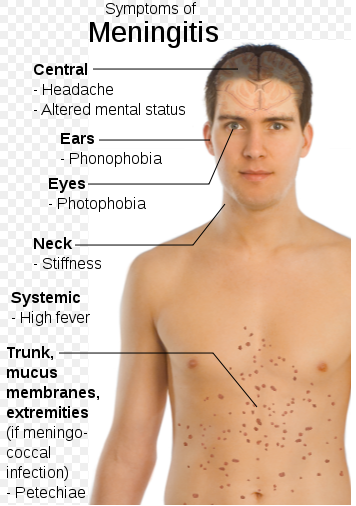In a follow-up on the news of a Syracuse University student who contracted bacterial meningitis, the Onondaga County Health Department confirmed the isolated case of serogroup B meningococcal meningitis.

The individual, who was hospitalized, has since been discharged and is recovering at home. The student’s close contacts, who are at increased risk of infection from this case, have been identified and provided with antibiotic prophylaxis. The general Syracuse University community is not at increased risk from this isolated case.
Meningococcal disease is a rare, but very serious illness caused by a type of bacterium called Neisseria meningitidis. People spread meningococcal bacteria to other people by sharing respiratory and throat secretions (saliva or spit). Generally, it takes close contact (for example, coughing or kissing) or lengthy contact to spread these bacteria. Fortunately, they are not as contagious as germs that cause the common cold or the flu. People do not catch them through casual contact or by breathing air where someone with meningococcal disease has been.
Vaccination is one of the most effective ways to prevent meningococcal disease. Other ways to prevent infection include washing your hands often and avoiding sharing things like silverware, drinking containers, lipstick, and smoking materials.
Related:
- Meningococcal Group B Vaccine, Trumenba, now available in the US
- Bexsero, meningitis B vaccine gets FDA approval
- Bacterial meningitis and vaccinations: A discussion with Dr. Leonard Friedland
- Syracuse mumps cases continue to rise, How effective is 3rd MMR vaccine?
- Central New York: Two Human Cases of West Nile Virus reported in Onondaga County


